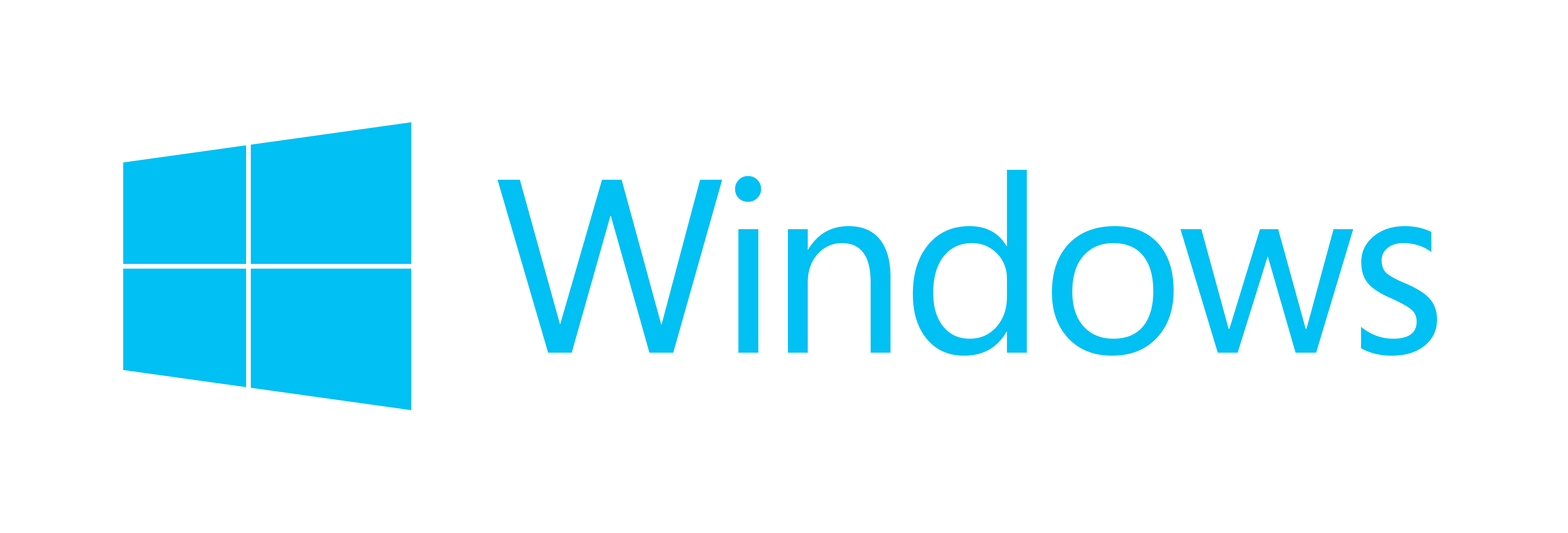Browser Helper Object Responsible for Facebook Spam
Yes, the alternate name for BHO (Browser Helper Object) is threat. Although BHO performs a critical role while dealing with the web browser, such as automatic browser updates, silently adding new functionality or upgrading the version of the tool, BHO development is also performed by malicious app integrators or bho developers. Browser Helper Object development can be in any form. It can take the form of a toolbar, plug-ins, and so on. It can be visible or invisible where visible extensions, like toolbars, provide one-click access to various things configured by the user; whereas, an invisible Browser Helper Objects that perform a task without user’s knowledge. For example, a location-based service tracks the location without user’s permission.
As Facebook involves a large set of participants, scams on its network is a common thing. Various networks recently detected the inclusion of Browser Helper Object as the main reason of such scams. Scam pages typically utilize social engineering tricks such as enticing or luring victims with offers and asking them to install the extension. Once installed, the scripts attach itself to the Facebook API silently gaining access to the user’s post.
As majority of users browse using Firefox or Chrome browser, the scams take place through these browsers at all times. Occasionally, gaming applications on Facebook contain spam, which spread wide when users allow them access. Just like Facebook spam, BHO development is misused in a variety of ways such as intruding user’s privacy by means of unauthorized access, confidential data hacking, misleading payment gateways and so on.
There are many ways to detect malicious applications or extensions while you are surfing. Stringent methods and constant upgradation of a removal tool keeps your computer spam free. However, several malicious apps need intense care such as Adware. For these issues, approaching a reliable organization is necessary.

